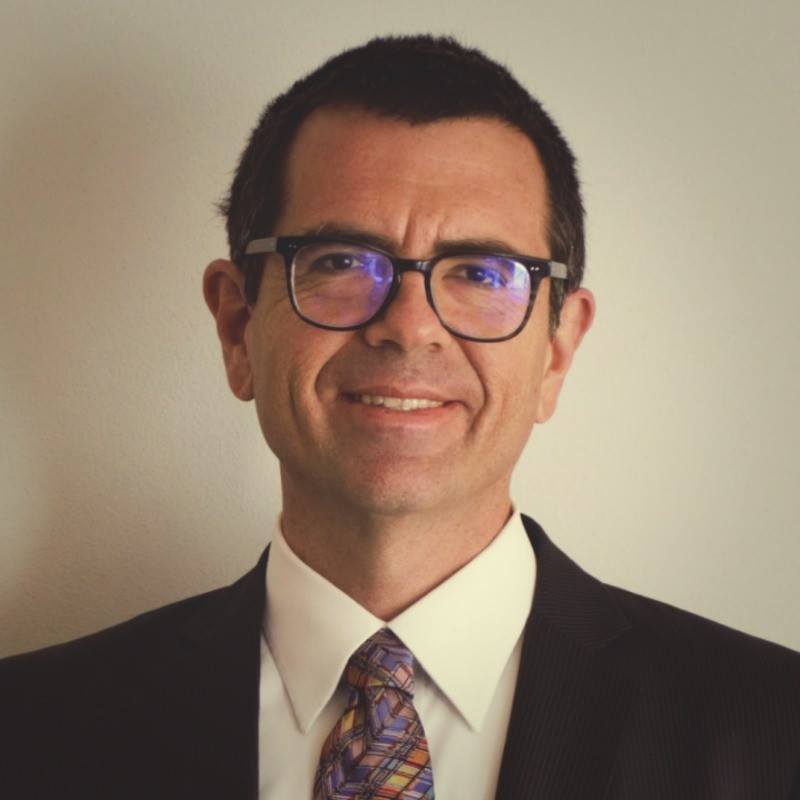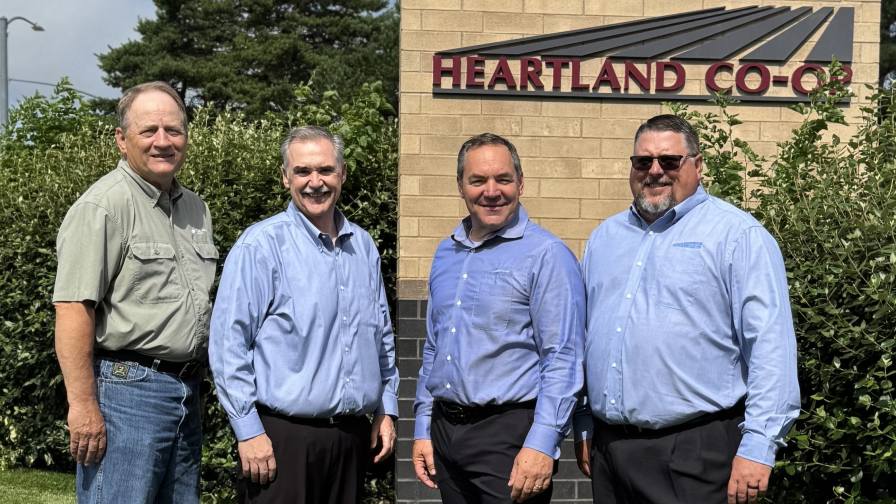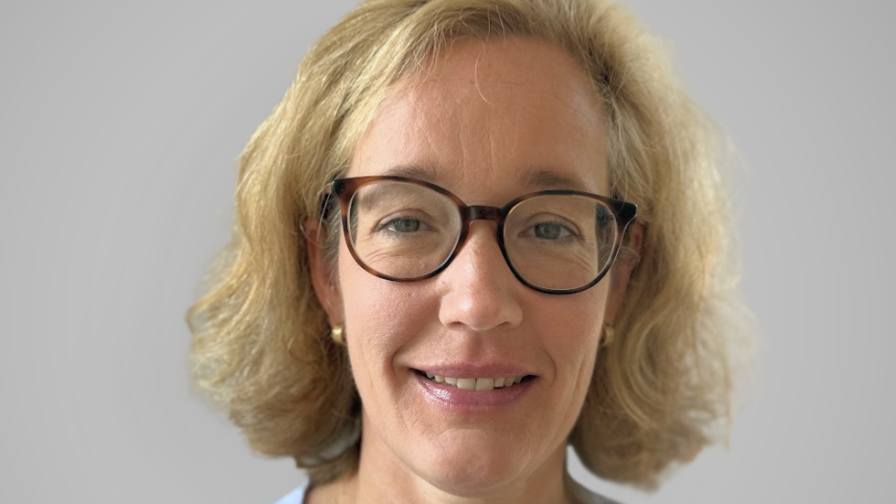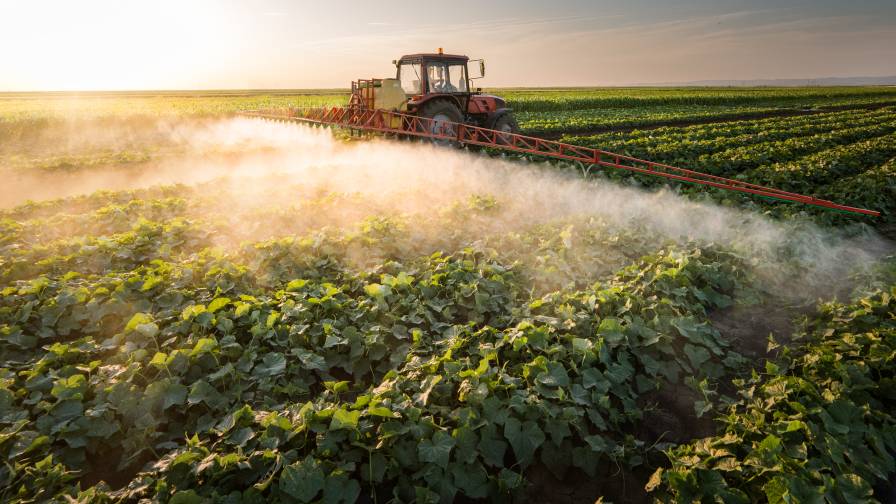欧盟作物保护公司面临监管僵局——但希望就在眼前
As Europe’s post-patent plant protection industry navigates shifting regulations and market pressures, AgriBusiness Global interviewed industry veteran Paolo Marchesini, General Manager for the 欧洲作物护理协会 (ECCA), who shared his perspectives ahead of the ECCA’s Crop Protection Regulatory Conference, set for 16-17 September 2025 at the Sheraton Brussels Airport Hotel.
ABG: Regulations in the EU have been difficult, especially for synthetic crop protection. Do you see any possibilities of improvements as far as the time and cost it takes to bring new ag chemicals to EU growers?

保罗·马尔凯西尼
Paolo Marchesini (PM): While our industry’s growth continues to be hampered by the EU’s fragmented framework for post-patent plant protection products (PPP), mainly due to a rigorous and complex approval process, we are optimistic about the future.
Recently, several EU Member States made a joint call urging the European Commission to simplify and harmonize the authorization procedures for PPPs. Most importantly, the simplification and harmonization of the current framework would reduce the time and cost burdens faced by companies seeking approval, which often delays farmers’ access to essential tools – hindering their competitiveness.
What we find particularly encouraging is that these EU Member States are beginning to speak in the same language as our industry. In the call to the Commission, it was noted that the availability of effective plant protection methods is an “essential basis” for sustainable and competitive agriculture in the EU – a view that ECCA has long held. On a more personal level, it is truly rewarding to see how our hard work is paying off, bringing the voice of the post-patent PPP industry to the forefront of the European political agenda.
Looking forward, we hope that more EU Member States will join this call, which would strengthen the voice of European agriculture and our collective message to the EU’s executive body.
ABG: It shocked a lot of people that the European Food Safety Authority (EFSA) didn’t ban glyphosate in 2023. How are EU member states addressing this? How about PAN?
PM: The EFSA’s decision not to ban glyphosate in 2023 has certainly sparked significant debate. EU Member States continue to address this issue with varying approaches, reflecting their national priorities and public concerns. Some countries have implemented restrictions or are exploring alternatives, while others emphasize continued use under strict regulatory conditions.
Indeed, there are organizations that are not supportive of the scientific evaluation by Europe’s leading food safety body. While the diversity of views also underscores the complexity of balancing agricultural needs with environmental and public health considerations in the EU, we must be guided by the independent scientific recommendations of those bodies set up to do so.
On that note, Manuela Tiramani from EFSA will be present at our upcoming Crop Protection Regulatory Conference and will speak about the key developments in the evaluation process for PPPs.
ABG: What are two developments and two challenges crop protection companies are facing in the EU?
PM: In terms of developments, we should certainly point to a stronger emphasis on sustainability and integrated pest management (IPM). This focus is driving innovation in new products such as biopesticides and other lower-risk alternatives, helping to reduce the environmental impact while maintaining crop protection effectiveness.
Additionally, the rise of digital agriculture technologies, including precision farming tools and AI-driven analytics, is enabling more precise application of crop protection products, while also minimizing the environmental footprint. As we hear from our members, AI, in particular, is increasingly used for pest and disease monitoring, decision support systems and optimizing treatment timing, further enhancing plant protection efficiency.
At the same time, post-patent plant protection companies face significant challenges. Indeed, one of these challenges is the complexity and length of the EU regulatory approval process, which can delay the introduction of new products to the market.
Looking more externally, the other key challenge today is the uncertain transatlantic trade relationship. Due to the ongoing tariff dispute, many of ECCA’s members, who are active on the U.S. market, not only face operational uncertainty but another bureaucratic burden – in addition to the already complex EU regulatory approval regime under which our member companies operate.
ABG: For the Crop Protection Regulatory Conference, what do you hope to achieve?
PM: Our inaugural Crop Protection Regulatory Conference, taking place in Brussels on 16-17 September 2025 September this year, will be the only event in 2025 bringing together stakeholders from the post-patent plant protection sector alongside EU institutional representatives.
We are excited to welcome more than 20 distinguished speakers from the European regulatory sphere, including EU policymakers, Member State experts involved in approvals, senior officials from European regulatory agencies, as well as representatives from third countries (e.g. Brazil), the media, leading companies and the scientific community. With this diverse panel of speakers, we aim to provide a truly comprehensive view of the opportunities and challenges ahead for the European post-patent PPP industry.
Notably, Herbert Dorfmann, MEP representing the European People’s Party, will provide insights on the latest EU and global developments in crop protection, while Mark Williams, Directorate-General for Health and Food Safety and Gijs Schilthuis, Directorate-General for Agriculture and Rural Development, will both share the European Commission’s regulatory approach to crop protection. Looking at EU Member States’ perspective, the conference will bring together senior regulatory officials from Ireland, Belgium, Austria, Germany, Czechia and more.
Additionally, Bruno Menne and Max Schulman, both representing COPA COGECA – Europe’s biggest advocate organization for European farmers, will share their expert insights on the role of post-patent PPPs in the broader European agriculture space.
Lawrence Middler from AgbioInvestor will also lead a discussion on investments and market trends in plant protection.
Fundamentally, we hope that the conference will serve as a key industry forum in the EU. It must be a platform to voice and exchange our industry’s perspectives directly with EU policymakers – while being the go-to platform for the EU regulatory community to collaboratively shape proposals that position post-patent PPPs at the top of the EU’s policy agenda.







